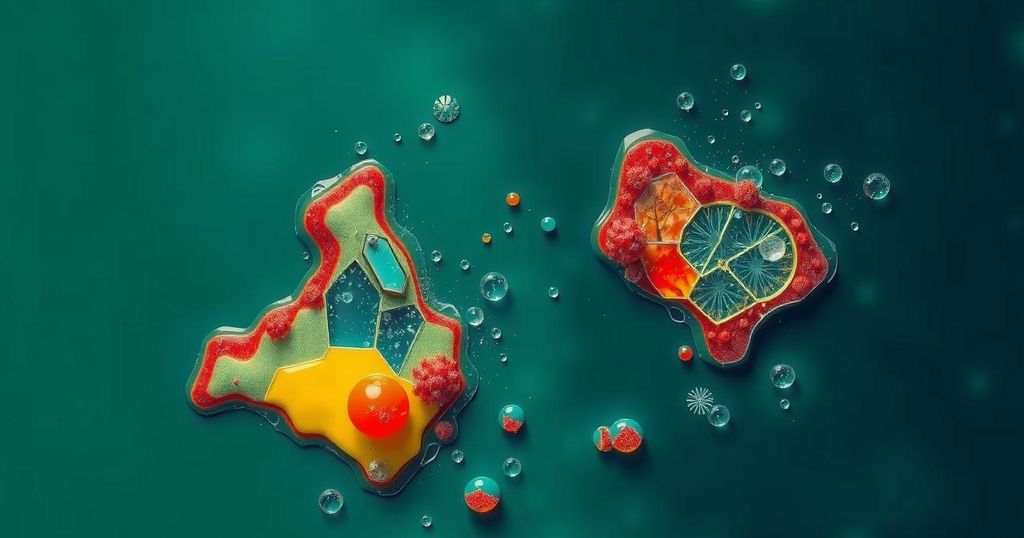Seychelles and Kenya are collaborating on the development of a national biological risk assessment tool to identify areas vulnerable to biological incidents. Supported by Project 99 of the European Union, a five-day workshop involves experts from health and agriculture, focusing on assessing biological risks over the next five years. The initiative promotes preparedness strategies against potential health threats stemming from animals and environmental factors.
A collaborative initiative between Seychelles and Kenya has resulted in the development of a national biological risk assessment tool aimed at identifying critical areas susceptible to biological incidents. This effort, part of the European Union’s Project 99 under the CBRN Centre of Excellence, involves a gathering of thirty experts from both nations who are participating in a five-day workshop at the Savoy Resort and Spa, Seychelles. Members of this workshop include specialists from health and agriculture sectors, focused on assessing future biological risks over the next five years.
Dr. Jimmy Melanie of Seychelles highlighted that this initiative is vital due to increasing development, which introduces various biological, chemical, and radiological risks to public health. The workshop prioritizes biological risks, encompassing diseases in animals that could affect human populations, as well as potential threats from toxins, viruses, and bacteria. Dr. Melanie emphasized the necessity of developing appropriate policies and preparedness plans to tackle diseases like avian influenza.
Prior to this workshop, participants engaged in training in Nairobi, Kenya, where they were introduced to the national biological risk assessment tool. The project aims to last until 2026, allowing experts to formulate comprehensive assessments of potential biological risks. Scott Spence, the Project 99 team leader, articulated that by the conclusion of this workshop, participants would be capable of identifying potential biological threats and crafting strategies for managing emergencies. Furthermore, the workshop adopts a ‘one health perspective,’ which acknowledges the interdependence of human, animal, plant, and environmental health.
This article discusses the ongoing efforts between Seychelles and Kenya in the development of a biological risk assessment tool, an initiative supported by the European Union’s Centre of Excellence project, which falls under the umbrella of combating chemical, biological, radiological, and nuclear risks. The focus is on enhancing the capacity of these countries to manage and respond to potential biological incidents. The collaboration involves multiple experts from relevant sectors and aims to prepare for future biological threats over the next five years.
In conclusion, the development of a national biological risk assessment tool represents a significant advancement in the preparedness of Seychelles and Kenya against potential biological threats. Through extensive collaboration and training, experts are being equipped to effectively identify and manage risks, ensuring that both human and environmental health are prioritized. This initiative highlights the importance of a unified approach in public health and risk assessment strategies.
Original Source: www.seychellesnewsagency.com






